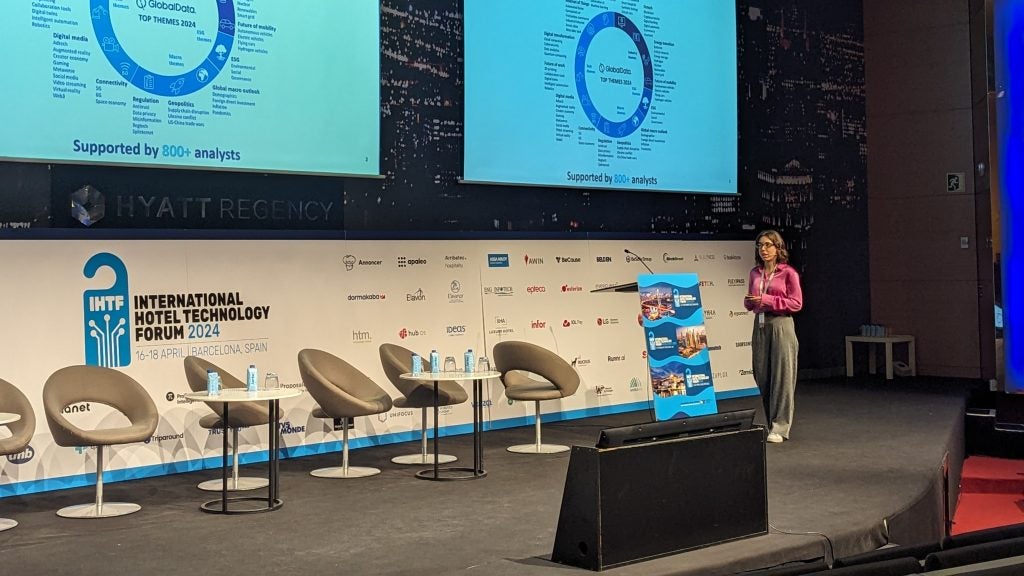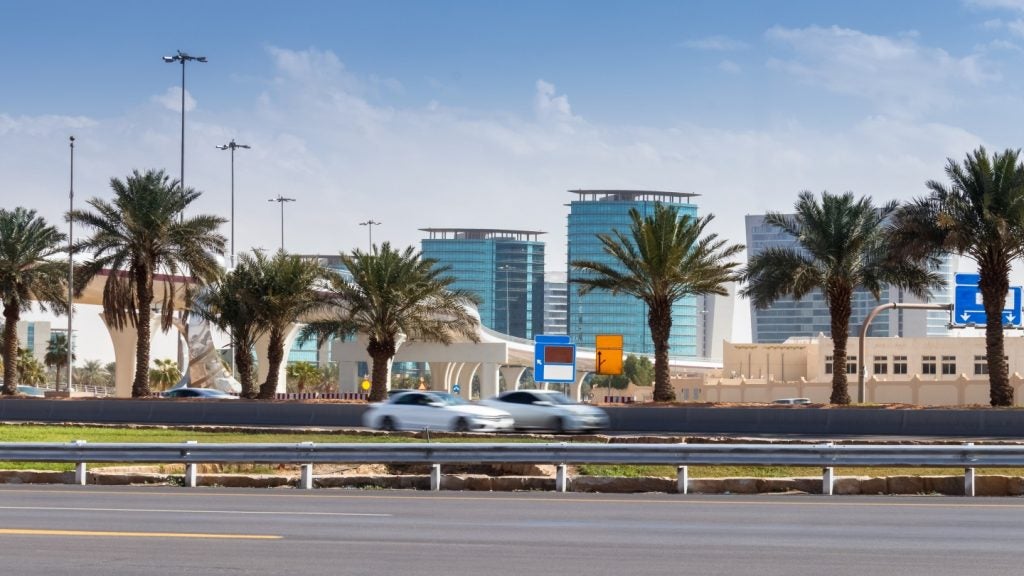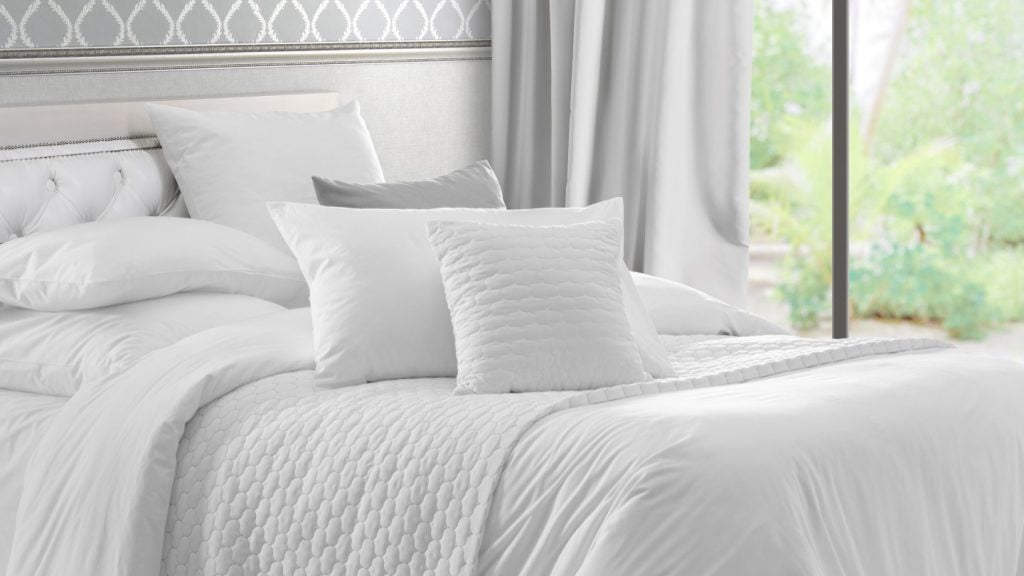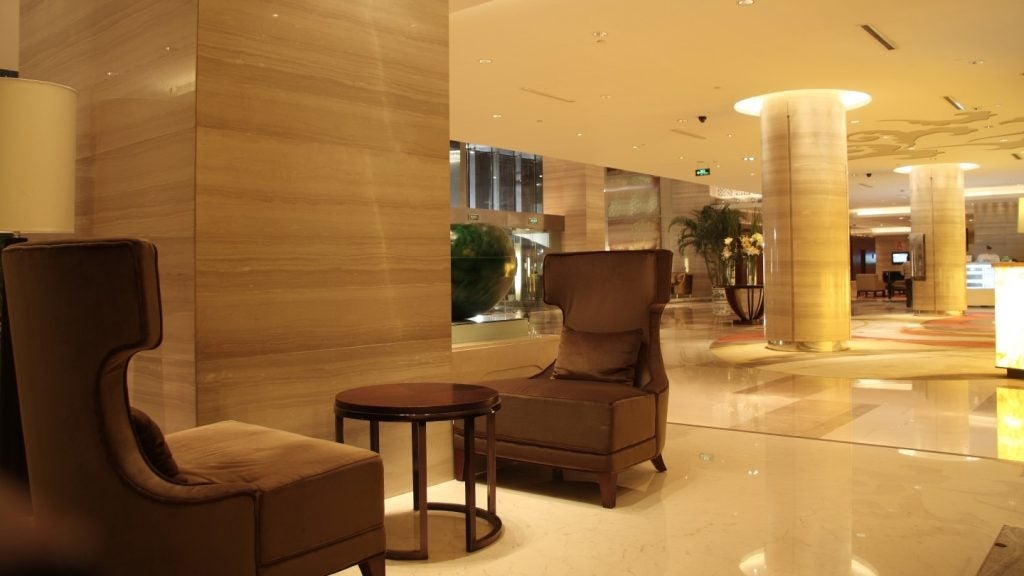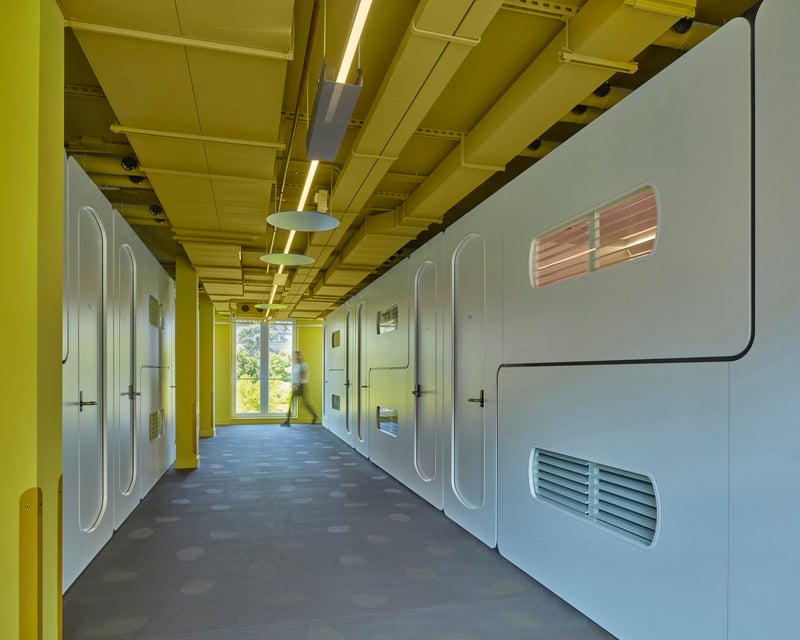
Tracing the History and Growth of Capsule Hotels
With consumers actively looking for ways to make accommodation budgets go further, capsule hotels and hostels are becoming an increasingly popular option.
As guests may be in town for just one night and spend very little time in their room other than to sleep, they may see little need to pay more for a large room when a smaller, more cost-effective option is available. Although somewhat basic, they can provide guests with all the essentials in compact setting.
Capsule accommodation is not just a cost-effective option for guests. Hotel operators are being converted by the economics, as they are able to fit in more guests in a smaller space.
There is some variation in what is considered to be capsule or pod accommodation. Some options have a fully enclosed room with an en-suite bathroom, whereas others consist of what is effectively a bunk bed with a privacy curtain in a multi-bed dormitory and facilities shared with other guests.
Already widespread across South East Asia for almost three decades, capsule hotels are now popping up throughout major European cities. This type of accommodation is only expected to grow further over the next decade as developers try to do more with less room. Latest estimates suggest that the capsule hotel market is due to increase by 6.31% CAGR by 2026 and be worth approximately $288m.
From stopgap to quirky, trendy convenience
For an experience so often associated with luxury, how did the idea of staying in a space no bigger than a single bed come about?
How well do you really know your competitors?
Access the most comprehensive Company Profiles on the market, powered by GlobalData. Save hours of research. Gain competitive edge.

Thank you!
Your download email will arrive shortly
Not ready to buy yet? Download a free sample
We are confident about the unique quality of our Company Profiles. However, we want you to make the most beneficial decision for your business, so we offer a free sample that you can download by submitting the below form
By GlobalData“Capsule hotels became popular in Japan throughout the 1980s when they served as a stopgap for busy workers trying to avoid their long commutes. Now, they are seen as a quirky and trendy place to stay, while still providing the same benefit – a cheap bed to sleep in, in a convenient location,” explains GlobalData travel and tourism analyst Laura Beaton.
“Similar to how companies like Ryanair and easyJet have mastered unbundling flight services, these capsule hotels are another example of companies stripping down a service in order to offer the lowest price possible.
“For example, Zip by Premier Inn is based on the premise of capsule hotels but are located on the outskirts of cities instead. The rooms are billed as ‘basics done brilliantly’ and are around less than half the size of a standard Premier Inn room, at just 8.5m2. The first was opened in Cardiff in 2019 and offers rooms for as little as £19 a night.
“As the experience economy continues to drive consumer choice, travellers are less interested in full-service flights and glitzy hotels – they prefer to spend their funds on visiting attractions, eating out and exploring the culture of their destinations.”
The fact that rooms at Zip by Premier Inn were developed by PriestmanGoode – which has designed first-class cabins for airlines such as Air France and Lufthansa – goes to show just how seriously hotel operators are taking accommodation in this emerging market. The company is now also developing another Zip site in Southampton, which will have 140 rooms. Should these prove popular, it is not unreasonable to predict that more will follow.
Hybrid accommodation
Some capsule accommodation can be a hybrid of a hotel and a hostel. In so far as they have their own compact private area to sleep and relax, but have shared bathrooms and other communal areas.
One provider of this type of accommodation is CityHub, which operates sites in Amsterdam and Rotterdam in the Netherlands, with another location due to open mid-2020 in Copenhagen, Denmark. The company aims to combine the level of comfort expected in a hotel, with the friendly, informal atmosphere and prices of a hostel.
“People, especially younger generations, are travelling much more than in the past. They travel more often, for shorter periods of time and often on a budget. Capsule hotels represent an efficient response to their need for a base to explore cities on a budget without giving up comfort, privacy and an experience that feels unique and it’s worth sharing,” says Flavia Larocca, spokesperson for CityHub.
“On the other hand, for hotel developers, capsule hotels represent a very efficient use of space especially in key gateway cities where real estate is very expensive.
“Our travellers spend most of their trip getting to know the city, meeting its locals and hanging out with our community. That’s why we brought the bedroom back to its essential functions by eliminating the unnecessary extra square metres.”
Privacy for backpackers
It is in the backpacker market where the capsule concept is likely to be the most popular. This is because the prospect of sharing a dormitory with 11 or more strangers can be off putting for first time or solo travellers. Open dorm type accommodation also becomes less appealing the longer a trip lasts.
Although many capsule hostels still have what is essentially a dormitory and bunk beds, the added features of an individual curtain, bedside table, night-light and plug socket adds an extra layer of privacy. Most beds also have a designated locker to keep belongings safe.
“You can close your pod with a curtain at the end of your bed, which also is a bit more soundproof. It is like a bunk bed in a way that you have someone sleeping above and someone under, but because of the way it’s created you won’t feel anything moving. If the person above you moves, you won’t you won’t feel it if you’re staying underneath,” Rafy Limoges customer relations and brand manager for Code Pod Hostels. The company runs what it describes as luxury pod hostels in Edinburgh and Dublin.
“It’s an affordable price. Usually people who stay in hostels also want to meet other fellow travellers. And then on top of it if you can get the privacy, it’s kind of a win-win,” adds Rafy Limoges.
“It is basically what bunk beds lack. I stay in hostels. The fact that your own space, but then you’re sharing bathroom, you’re sharing the room and you’re sharing kitchen still, you can still socialise. But then when you want to be on your own, you have this ability. Travelling can be tiring, you walk all day, sometimes you don’t feel for socialising. I call it ‘the future for hostels’.”



